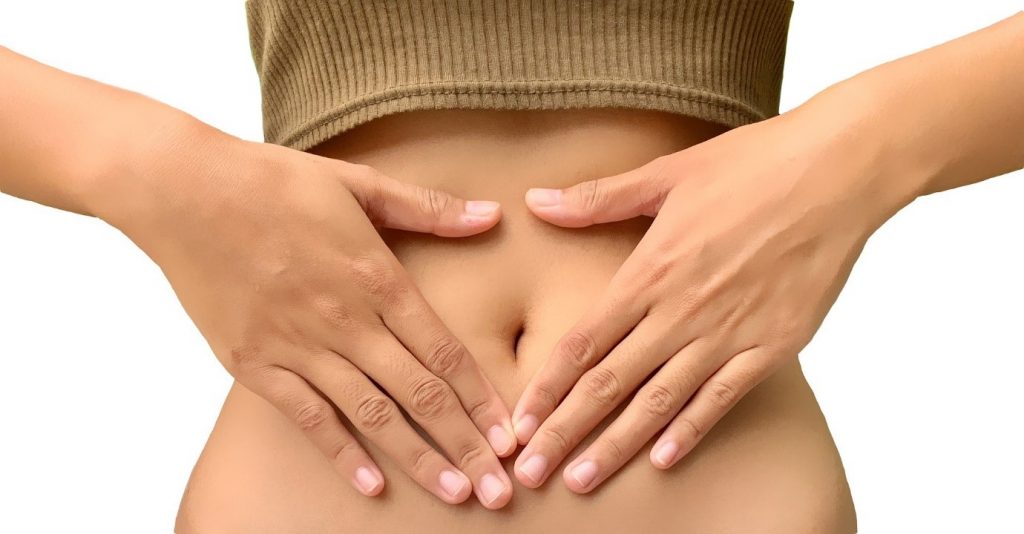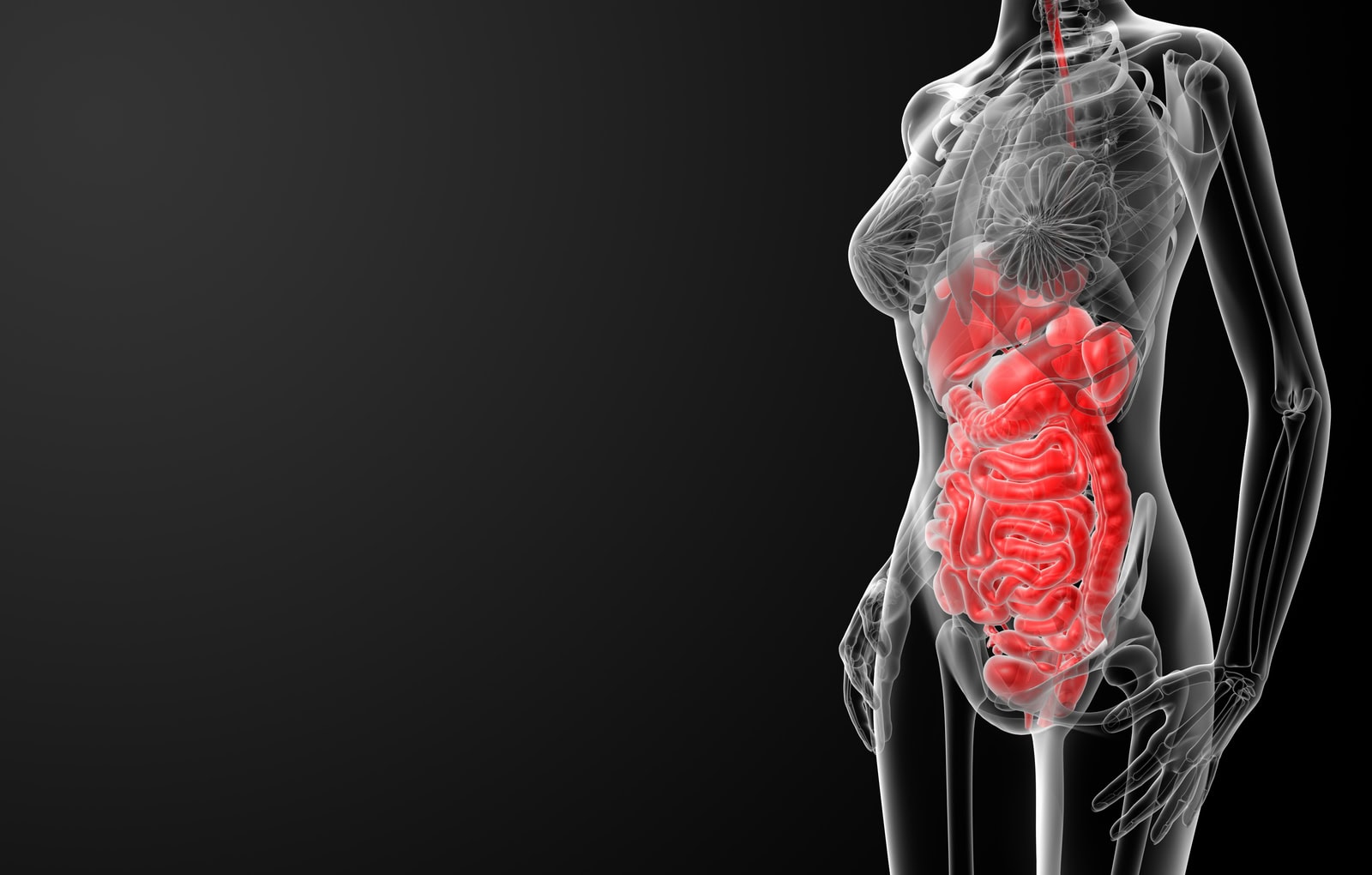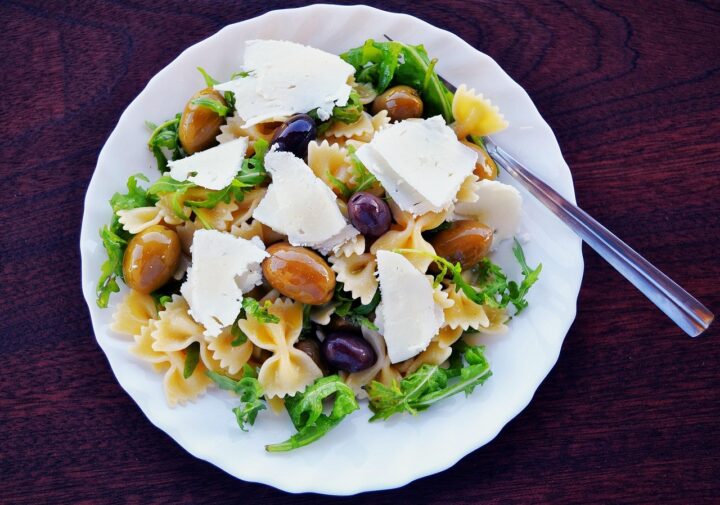New Study Links Gut Health With Reduced Parkinson’s Disease Risk

Summary
- A new study published in JAMA Network Open finds a link between damage to the gastrointestinal (GI) tract with increased risk of developing Parkinson’s disease but The Mediterranean Diet can help maintain better GUT health.
- Research participants who had sustained mucosal damage (the inner lining of the digestive, respiratory and reproductive organs), have a higher subsequent risk of Parkinson’s than those who had not.
- Extra virgin olive oil is a key component of The Mediterranean Diet and brings a wealth of health benefits to the digestive system, including anti-inflammatory and anti-oxidant components.
Contents
- New study Reveals Link Between Gut Health And Parkinson’s Disease
- Diet Choice Can Contribute To Mucosal Damage In The Gut?
- How The Mediterranean Diet With Extra Virgin Olive Oil Can Prevent GI Damage
- Extra Virgin Olive Oil And Digestive Health : Key Benefits Explained
- Extra Virgin Olive Oil & The Intestines
- How Extra Virgin Olive Oil Can Boost Beneficial Gut Bacteria
New study Reveals Link Between Gut Health And Parkinson’s Disease
A new study reveals a link between gut health and Parkinson’s Disease risk over time but a Mediterranean Diet with extra virgin olive oil is among best choices to reduce inflammation.
Research published in JAMA Network Open, has found sustained damage to the upper lining of the gastrointestinal (GI) tract from conditions like chronic acid reflux are 76 percent more likely to develop Parkinson’s disease.
The findings, also reported in WomansWorld.com claim participants who had sustained mucosal damage have a higher subsequent risk of Parkinson’s than those who had not. However, specialists believe that following a diet with healthy fats like The Mediterranean Diet can help to prevent gut damage.
The study included 9,350 patients who averaged 52 years old and had no history of Parkinson’s. They underwent an upper endoscopy to examine the esophagus, stomach and first portion of the small intestine between 2000 and 2005 within the Mass General Brigham healthcare system.
“The brain and gut are thought to be connected through a bidirectional pathway,” explains Vikram Shivkumar, MD, neurologist at Orlando Health Neuroscience Institute.”The gut-brain axis has multiple connections via the vagus nerve, the endocrine system, immune system and the metabolites of the gut microbiome.”
That said, patients with Parkinson’s disease often experience constipation many years before the onset of the defining symptoms such as tremors, rigidity and loss of dexterity, he adds.
Other gastrointestinal symptoms that are pertinent and may be associated with Parkinson’s include nausea, gastroesophageal reflux, trouble swallowing, bloating and abdominal pain, adds Jennie Stanford, MD, Obesity Medicine Physician and medical contributor for Drugwatch.
Diet Choice Can Contribute To Mucosal Damage In The Gut?
Mucosa is the inner lining of the digestive, respiratory and reproductive organs, explains Dr. Shivkumar. Several factors can contribute to mucosal damage in the digestive system, including infections, stress, an unhealthy diet, and chronic NSAID use/
“Conditions such as [gastroesophageal reflux disease] GERD or peptic ulcers can [also] be associated with mucosal damage,” he notes. “The mucosa of various parts of the digestive tract have certain levels of acidity that they can tolerate. Reflux can subject mucosa in some parts to more acidic liquids than it can withstand. Some bacteria such as H pylori can also lead to mucosal damage and peptic ulcers.”
Additionally, there is a protective layer on the cells in our intestines that helps prevent damaging toxins from entering the body, explains James Cox, MD, Assistant Professor of Internal Medicine and Director of Physician Communication at Burnett School of Medicine at TCU.
A digestive problem such as GERD, for example, consists of acid coming from the stomach and irritating the esophagus. This can ultimately cause inflammation and elimination of those protective cells, he says.
How The Mediterranean Diet With Extra Virgin Olive Oil Can Prevent GI Damage
Many experts agreed that following a healthy diet such as the Olive Oil fuelled Mediterranean Diet can help to reduce the risk of gastrointestinal and cognitive damage.
“Following a healthy diet, getting regular exercise, managing stress effectively, eliminating unnecessary medications, avoiding alcohol and tobacco and participating in regular primary care visits can help reduce the risk of gastrointestinal and cognitive damage,” offers Dr. Stanford. One smart healthy eating plan to consider is the Mediterranean diet. It emphasizes mainly fruits and vegetables, whole grains, less processed foods and low fat, notes Dr. Cox. This may be beneficial for gut health and to enhance anti-inflammation.
Extra Virgin Olive Oil And Digestive Health: Key Benefits Explained
We all have likely heard that extra virgin olive oil is one of the healthiest oil choices for cooking and eating. Extra virgin olive oil is high in fat, but the majority of it is heart-healthy monounsaturated fat, according to the American Heart Association. Choosing extra virgin olive oil over less healthy fats, such as butter, may benefit your heart and lower your cholesterol level. As if these benefits were not enough, extra virgin olive oil may also contribute to healthy digestive system.
As soon as we consume extra virgin olive oil like Morocco Gold it has a number of effects all the way along the digestive system. As far back as in ancient times it was recommended for assorted digestive disorders, and its beneficial properties are now being corroborated by epidemiological studies and a wealth of scientific data.
Once you swallow your food, your body takes over by secreting acids and other compounds that help break down the food and transports the nutrients it contains throughout your body. According to M. Carmen Ramirez-Tortosa and Parveen Yaqoob, authors of “Olive Oil and Health,” extra virgin olive oil encourages the production of peptides, which support healthy digestion and aid in nutrient absorption. Regular consumption of olive oil will keep your gut working efficiently by taking what it needs for good health and eliminating the rest in your waste.
Extra Virgin Olive Oil & The Intestines
Your large and small intestines are essential for digesting your food and getting the nutrients throughout your body. Eating extra virgin olive oil in place of less healthy oils can improve the efficiency of your intestines. Olive oil also encourages your intestines to absorb more of the vitamins and minerals from the foods you eat, which makes it beneficial for individuals suffering from digestive disorders, reports the 2004 study in “Gracas y Aceites.”
New research is also showing that polyphenols in extra virgin olive oil may help balance the bacteria in our digestive tract; slowing the growth of unwanted bacteria. On this list of polyphenols are: oleuropein, hydroxytyrosol, tyrosol and ligstroside. Some of these polyphenols are specifically able to inhibit the growth of the Helicobacter pylori bacterium; the bacterium that leads to stomach ulcers and other unwanted digestive problems. Yet another category of polyphenols called secoiridoids, continues to be a focus in research on prevention of digestive tract cancers.
How Extra Virgin Olive Oil Can Boost Beneficial Gut Bacteria
Taking care of the microbes in our guts is one of the best ways to keep our digestive system working well and protect our immune system. That means packing as many fresh fruit and vegetables, whole grains and Mediterranean staples like extra virgin olive oil into our cooking as we can.
Recent studies have shown that people who ate diets rich in plant-based foods and fish – akin to the famous Mediterranean diet – had higher collections of inflammation fighting bacteria in their guts.
But perhaps you need some new inspiration to bring those bacteria busting plant-based foods to life? Well, we at Morocco Gold are very happy to oblige with a selection of our favourite Microbiome friendly recipes.
And, don’t forget, our new harvest of extra virgin olive oil is now available to purchase – meaning you can treat your meals to the freshest flavour direct from our olive groves in the foothills of Morocco’s Atlas Mountains.






